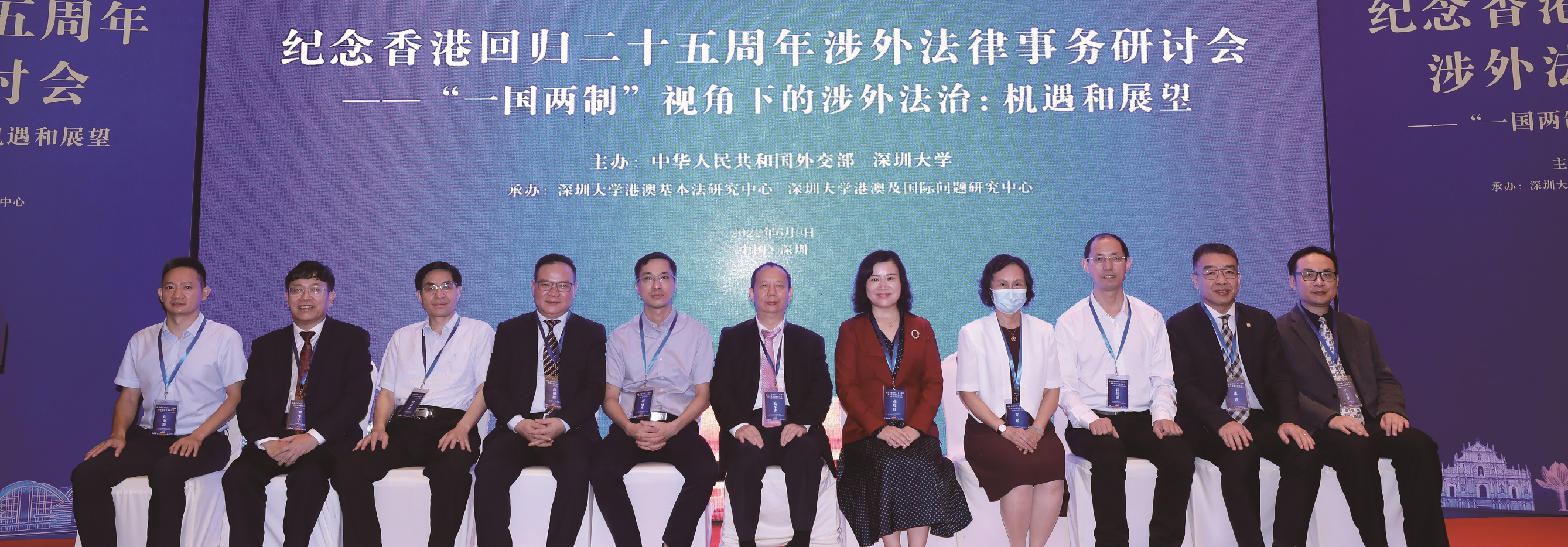Election must
abide by rule of law
Updated: 2014-09-10 07:45
By Zhang Dinghuai(China Daily)
Nominating Committee for selection of
HK's chief executive candidates as set out in the Basic Law best suits current
conditions
The Standing Committee of the National
People's Congress has explicated the method for the election of Hong Kong
Special Administrative Region's chief executive in 2017 through universal
suffrage. On Aug 31, it ruled that all candidates for chief executive must
receive more than half of the votes from the Nominating Committee before they
are put forward for election.
Given the bitter arguments over
constitutional reform in Hong Kong, there are still questions lingering over
the NPC Standing Committee rule. Actually there are two different views about
how to select candidates for Hong Kong's chief executive through universal
suffrage. One view proposes that the Basic Law, which came into effect 17 years
ago, clearly stipulates the relevant procedures for the election of the chief
executive by universal suffrage, and universal suffrage should remain within
the bounds set by the Basic Law. This view has continuous consistency. The
central government actively supports this view and hopes that the development
of the democratic political system in Hong Kong will move forward based on
this.
The other view holds that universal
suffrage based on the Basic Law is not true universal suffrage, because the
procedure whereby the Nominating Committee decides which tow or three
candidates are put forward for the election will "eliminate" the
pan-democracy candidates. They insist on implementing what they call "true
democracy" according to a so-called international standard. But this view
disregards the relevant regulations of the Basic Law.
According to the current system, the
constitutional reform of electing Hong Kong's chief executive by universal
suffrage can be implemented only when more than two-thirds of the Hong Kong Legislative
Council members approve the reform plan. The members of the Hong Kong
pan-democracy group are the key minority in Legislative Council. If they use
their veto during the Legislative Council's vote, it is possible that the
election of Hong Kong's chief executive by universal suffrage will end in no
result.
The reason that the central government
does not accept the Hong Kong pan-democrats' so-called international standard
of party nomination or civil nomination and insists that the chief executive candidates
should be nominated by the Nominating Committee is because it is a procedural
requirement that is clearly defined in the Basic Law. Hong Kong is a society
governed by the rule of law. If the central government does not adhere to the
procedure stipulated by the Basic Law, it violates the principle of rule of
law, which will not gain recognition in Hong Kong. Strictly following the Basic
Law is the only choice to respect the principle of rule of law in Hong Kong.
Also, letting the Nominating Committee
nominate the chief executive candidates is a principle that we have to adhere
to in order to guarantee Hong Kong is run by people who love the country and
love Hong Kong, and it will avoid the social disruption that would be caused by
the so-called party nomination advanced by Hong Kong pan-democracy group
according to their vague international standard. At present, there is a stark
political division in Hong Kong, namely the pro-central government and
anti-central government camps. The so-called party nomination put forward by
the anti-central government camp will only turn the universal suffrage into
competition between pro-central government forces and the anti-central
government forces, which will severely undermine the cause of "One
Country, Two Systems".
Letting the Nominating Committee
nominate the candidates for the chief executive election will avoid extremists
from becoming candidates. The so-called civil nomination advocated by the Hong
Kong pan-democracy group would possibly harm national security interests. Under
the circumstance that the Legislative Council fails to live up to the central
government's expectation of legislation that guarantees national security, this
way of nomination will probably result in a candidate that goes against the
central government. How can the central government appoint such a candidate?
This will be the so-called constitutional crisis.
The Nominating Committee mechanism will
prevent Hong Kong from stepping toward populism. A potential defect of
democratic politics is the possibility of populism, which can easily lead to
mob rule. The Nominating Committee mechanism shows institutional rationality,
which stems from the diversity of the committee. Hong Kong is a region that has
developed business and financial sectors but lacks resources. We have to
consider the various interests of the business and financial sectors if we want
to maintain the long-term prosperity and stability of Hong Kong. Hence,
populism in the name of democracy and excessive welfare will only harm Hong
Kong society.
Based on the above-mentioned reasons,
the Nominating Committee mechanism is the most appropriate procedure for Hong
Kong, which although a special region with a high degree of autonomy, is still
under the jurisdiction of China. The political relationship between the central
authorities and Hong Kong determines that the central authorities have
indubitable dominance over the development of Hong Kong's constitutional
system. However, some people in Hong Kong do not want to face this political
relationship, which is the root cause of the emerging problems in universal
suffrage.
The author is a professor of Shenzhen
University and member of Chinese Association of Hong Kong and Macao Studies.
Previous Page1 2 Next
Page



